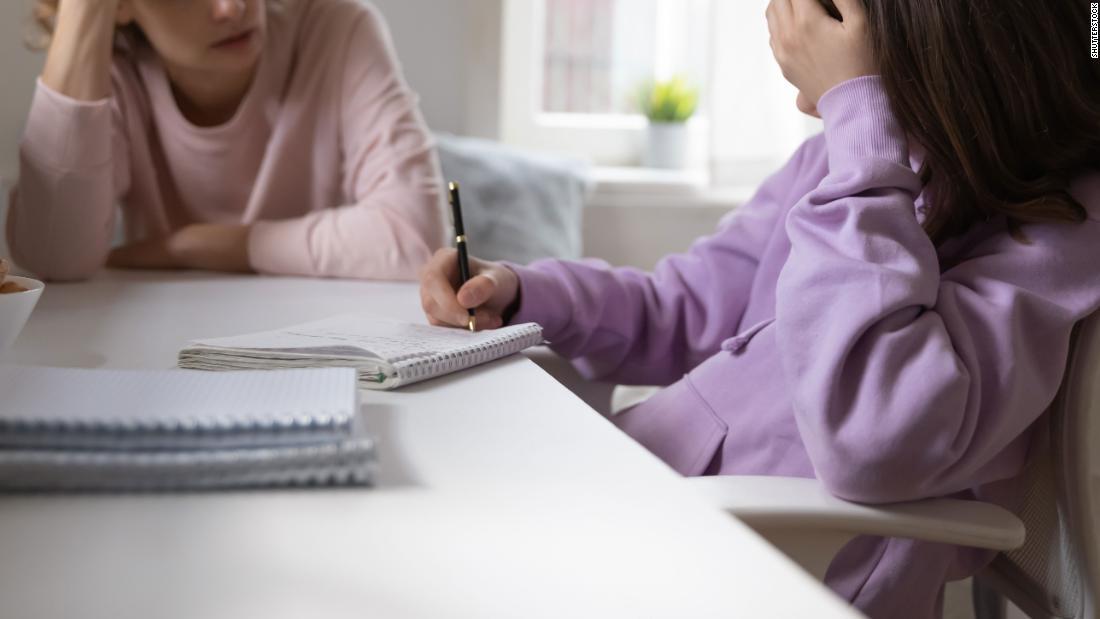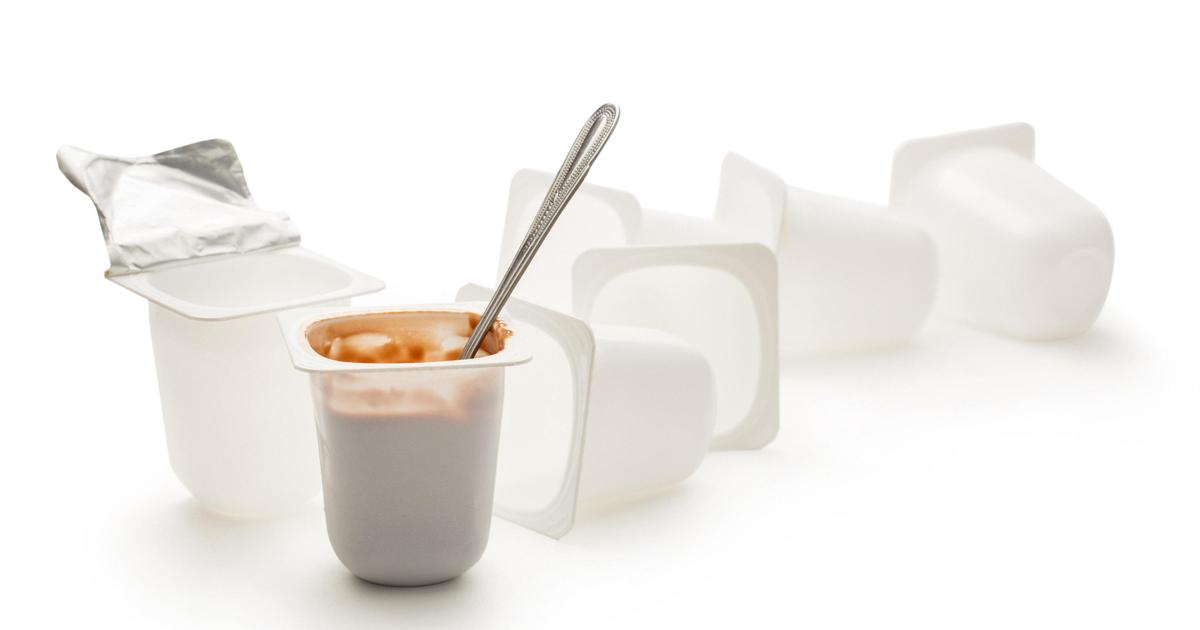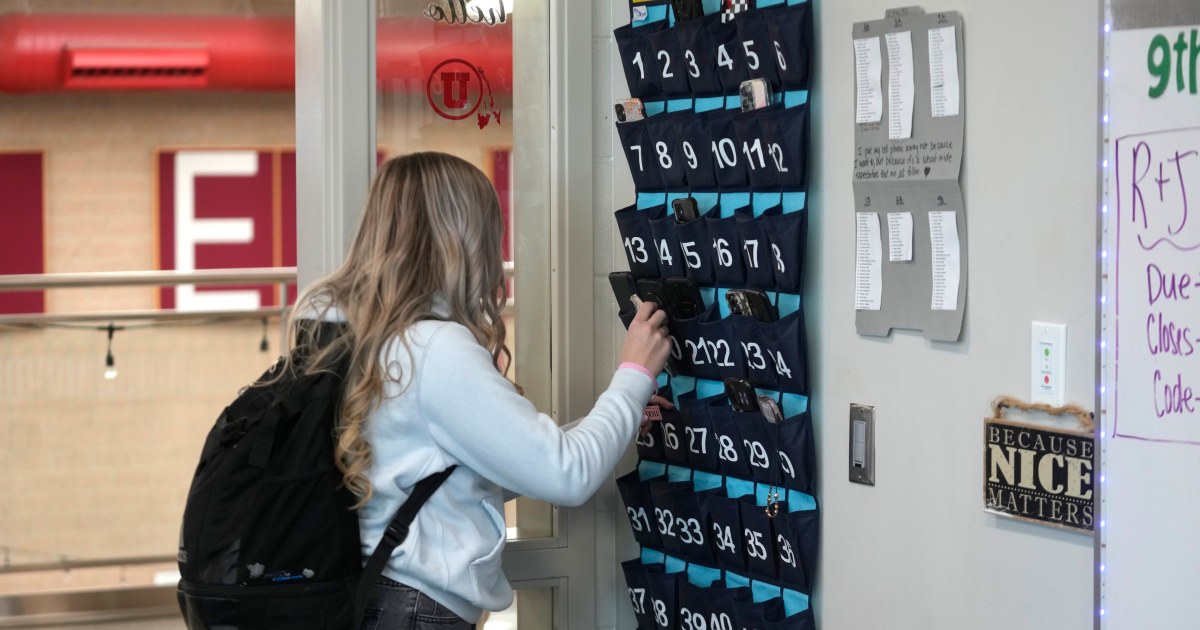Few teens got vaccinated in the US 0:41
Editor's Note:
Psychologist John Duffy, author of "Parenting the New Teen in the Age of Anxiety," practices in Chicago.
He specializes in working with teenagers, parents, couples and families.
(CNN) -
Teens and tweens may not tell you, but there are many things they want you to know about their lives.
Yes, sometimes teenagers have sullen attitudes.
However, they still need your help as allies, guides, and advisers.
Here are some of the insights I got from my preteen and teen patients, along with advice for parents.
I feel lonely on a regular basis
Your kids may seem very busy with their friends in person and online;
however, from what I hear directly, there is an epidemic of loneliness among tweens and teens.
Some of them go out alone to evade their parents' radar.
Some claim to be chatting or texting with friends when they are actually watching Netflix or listening to music alone.
Youth confinement: collateral damage from the 3:37 pandemic
Our teens and tweens need us to keep an eye on them often.
Make sure they connect with their peers through groups, clubs, or sports.
I have been told that relying on occasional meetings and online connections does not meet their social needs.
QUICK TIP:
Sit down with your child and watch his show or video with him, grab a hearing aid and listen to his music, or play his video game.
Talk to them about their interests.
Next, think about how you could pursue those interests with your peers.
advertising
If your child continues to have trouble making meaningful connections, read "The Friendship Formula" by psychologist Kyler Shumway, preferably together.
You don't know what's going on in my head
Too often teens and tweens aren't particularly communicative, so parents have to guess what their kids are thinking.
And the assumptions are often wrong.
The inner life of our children is complex.
Adolescents navigate many identities at once: their identity at home, at school, with friends, with teachers, on the Internet, and with themselves.
The inner life of minors is complicated and, as they compare themselves to others, they are often sad as well.
Our children also have emotional problems.
More people suffer from depression and anxiety than ever, and they judge themselves in the negative light with which they assume others are judging them.
Seeing altered images of their peers enjoying themselves on the Internet exacerbates their insecurities.
The combination of these factors makes our children feel overwhelmed.
Effects of the pandemic: "Adolescents cannot take it anymore"
Rather than being dismissive, it is useful to know that managing this "identity trafficking" can be emotionally draining.
I think parents learn a lot just by paying attention and listening to their children.
They learn about bullying, social problems, feeling left out or rejected, and even drug use and abuse.
Then, with the lines of communication open, parents can begin to solve problems with their children.
Parents should put their own fears, judgments, and egos aside in these conversations so that their children feel free to share with them openly.
It is also crucial to find a positive light through which to see them, and to reflect in them the intelligence, strength, humor, beauty, irreverence or other qualities that you admire.
QUICK TIP:
Watch "Eighth Grade" on Amazon Prime to get a real sense of what's on the minds of kids today.
Better yet, watch the movie with your teen or preteen, and pause to discuss the relevant scenes.
I really care about school
Your kids may seem ambivalent about school and avoid talking about the next grade.
They may not want to sign up for extracurricular activities.
Many are also nervous about the unknowns of this upcoming school year, which comes amid a possible covid-19 resurgence and renewed mask-wearing mandates.
The combination of these factors can seem lazy, and a harbinger of the battles to come for grades and homework.
All of my young patients are clear that they care a lot about school.
Some are overly committed and disappointed when their grades aren't perfect.
Others seem to give up entirely, not doing homework and not studying for tests.
Children in this group often fear that they will not be able to perform as well as their peers.
Everyone wants to do well, but they can't meet all the requirements for academic success.
Millions of teens in America will go back to school unvaccinated
Parents can start helping before the first bell rings.
First, let your children know that you have faith that they can be successful.
For your Type A children, encourage them to relax a bit, and they may find that reducing stress can improve their grades.
For guys who choose not to participate, a sincere vote of confidence from you will go a long way.
Then have them sit down briefly to organize their school days.
How much time will they spend on homework?
To practice?
For sleeping?
Younger children often have more energy to commit to these habits at the beginning of the school year, so start talking about it now.
Lastly, give them a note of hope.
These last two years have been strange to say the least.
The beginning of this school year will offer you a blank slate and a clean start to move forward.
ANALYSIS |
Teens' stress has increased for a pandemic year.
So we can help you
QUICK TIP:
Read one of the following books, depending on where your student ranks on the motivation scale:
If your child seems unmotivated, try "The Myth of Laziness," by the late pediatrician Dr. Mel Levine.
If you have an anxious, Type A child, try "Helping Your Anxious Teen: Positive Parenting Strategies to Help Your Teen Beat Anxiety, Stress, and Worry" by psychologist Sheila Achar Josephs.
I'm not always good to you, but I need you
The world our children live in can be quite harsh. Your insecurities about the present and your fears about the future can be overwhelming. And parents tell me that children often bring this discomfort home through a bad attitude towards family. Try not to take it personally, but as an indication of the stress they are experiencing. Children often attack their parents with their negative emotions because they know that they can trust that their parents love them unconditionally and that they are not going anywhere.
Instead, it must be recognized that most teens and tweens need time to recover and be cared for, often just before bed.
As a counterweight to their intense day, offer your children the sweetness of a hug or a cuddle.
This will revive them for days afterward.
QUICK TIP:
Listen to this episode of the "Zen Parenting Radio" podcast to see your child's mood.
Teenagers








